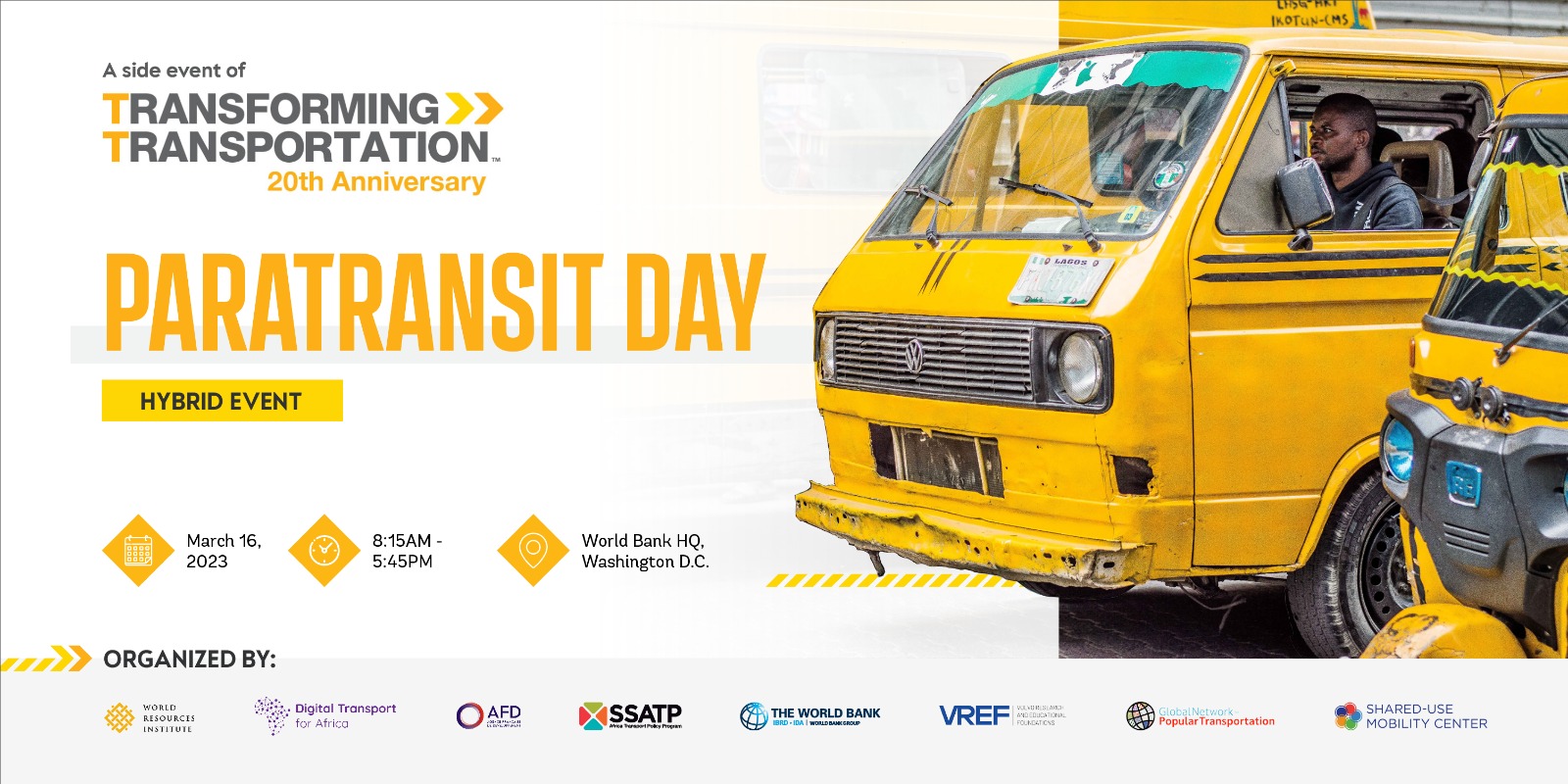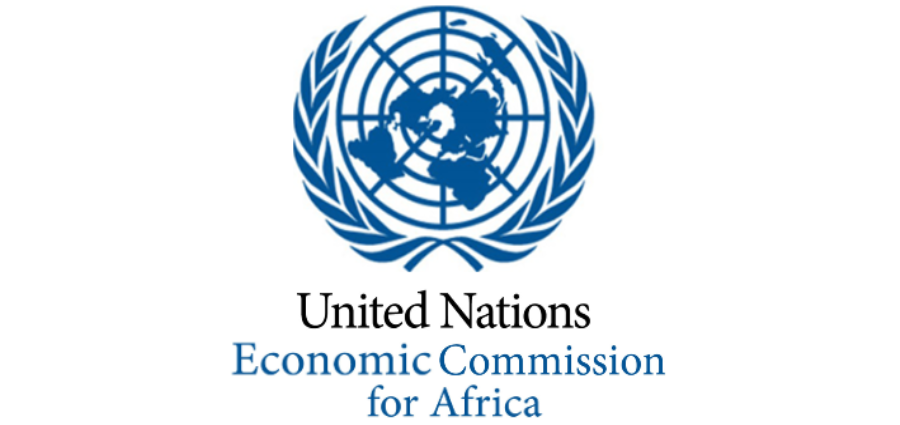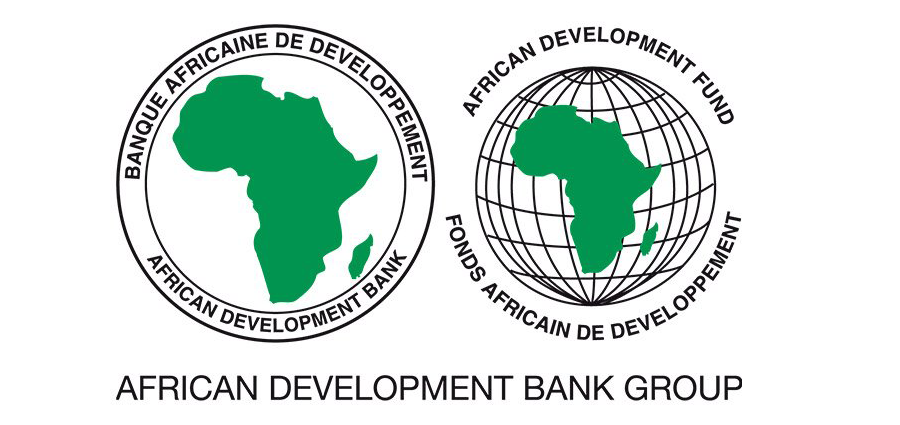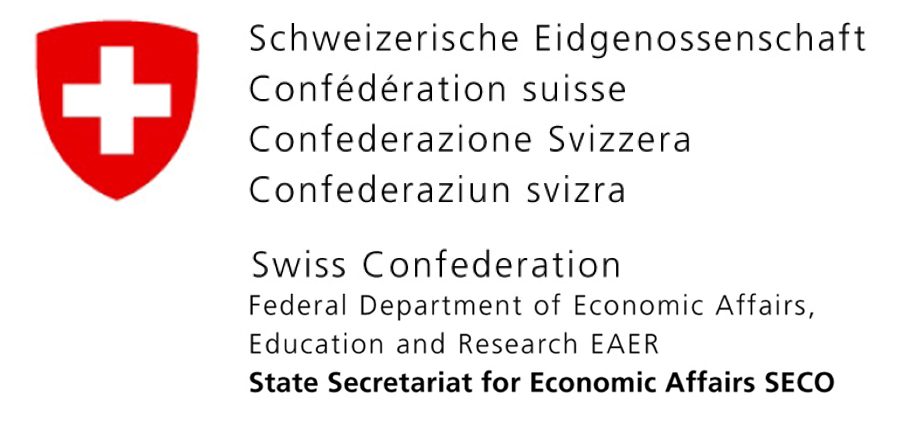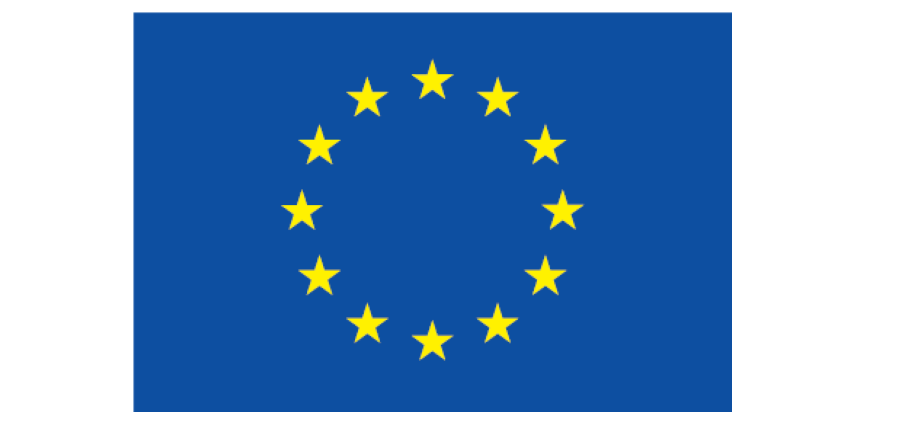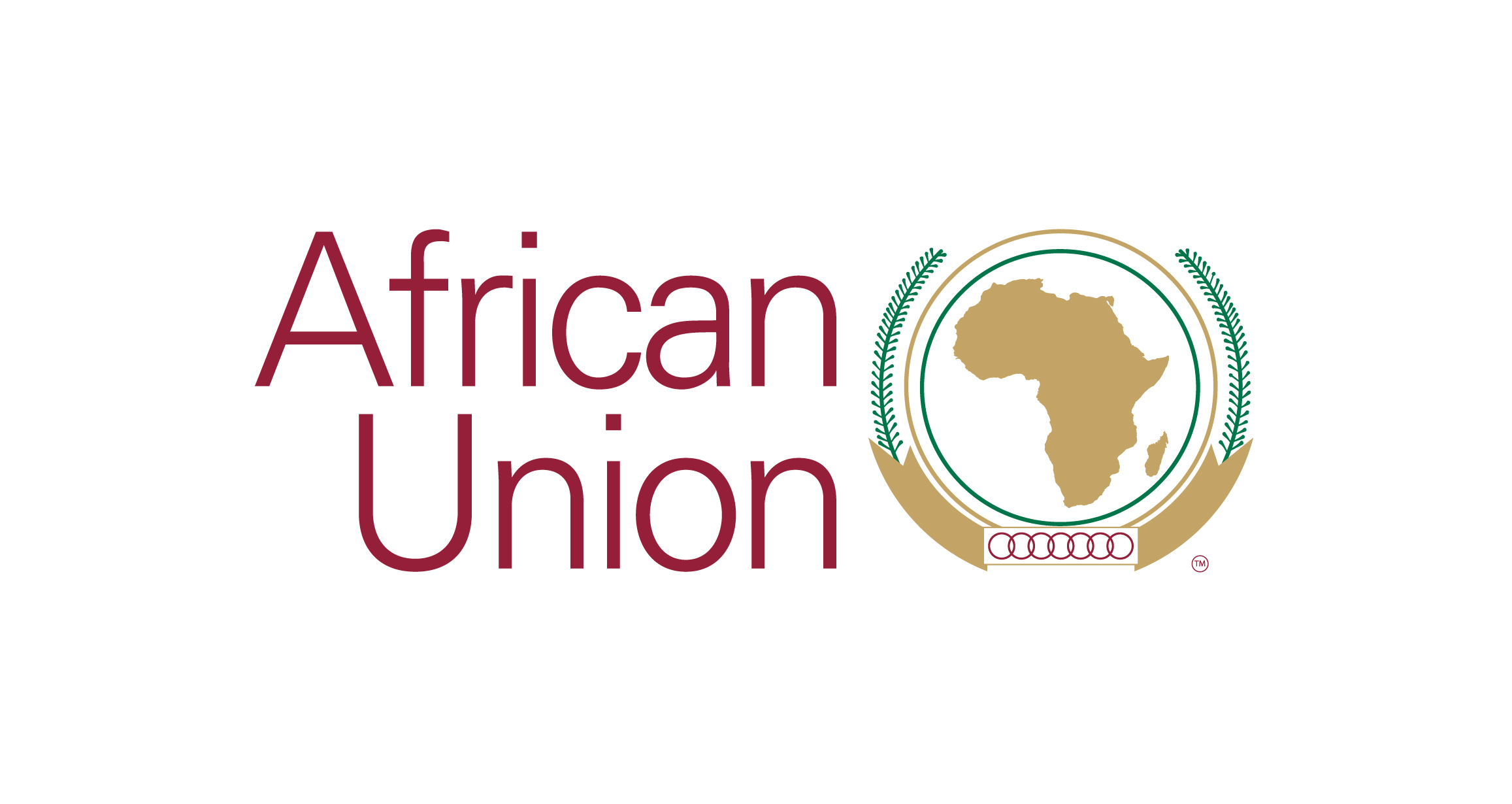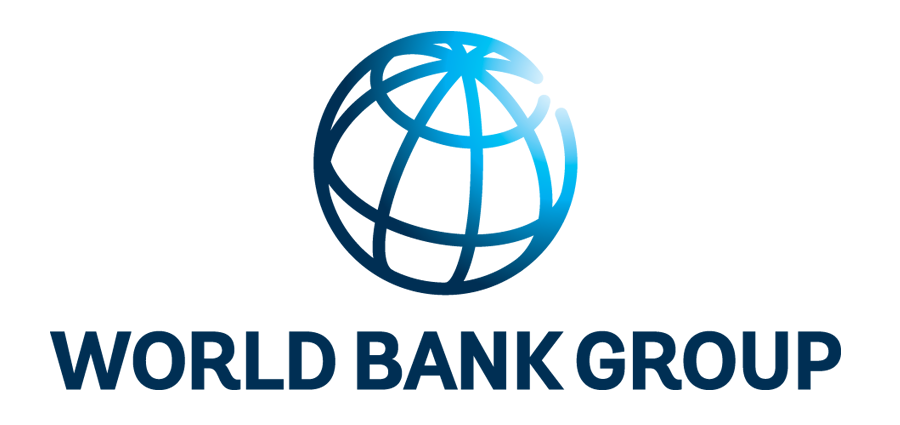Paratransit Day: A Transforming Transportation 2023 Side Event
Paratransit services (a.k.a. “informal” or “popular transportation”) play a critical and overlooked role in the transportation landscape of developing countries. Due to the lack of formal public transport systems and infrastructure, popular and partially regulated modes of transportation have emerged as a vital, and often only, means of mobility for billions of people around the world. Paratransit services, such as minibuses, taxis, three-wheelers, and motorcycle taxis, are often the only accessible and affordable means of shared transportation in urban and rural areas. They provide mobility to low- and middle-income individuals who cannot afford private vehicles, support the livelihoods of transport workers and create and enable access to employment opportunities, connect communities, and facilitate the movement of goods, all of which are essential for economic growth, poverty alleviation, and human well-being. Because of how widely distributed and available these services are (even in cities with formal transportation), paratransit plays a potential, outsized role in sustainable and inclusive mobility, rapidly decarbonizing transportation and achieving a just transition.
But paratransit services face significant challenges. They are overlooked or even actively ignored in policies and investment. Governments fail to collect critical data about their operation and their approach tends to seek to eradicate, rather than recognize, integrate or improve these services. Many paratransit operators use aging, poorly maintained vehicles run well beyond their useful life, and their flexibility sometimes translates into unreliable services. Users frequently complain about crowded vehicles, while workers endure long hours, meagre incomes, and hazardous work conditions. The prevalent business model is inefficient and generates significant external costs. The need to improve paratransit services and facilitate their integration into a decarbonized public transport system is thus clear, but the question is how? Efforts to date have been impeded by a lack of data, research, and transformation models.
To bridge this gap, the Africa Transport Policy Program (SSATP), World Bank, Development Bank of Southern Africa (DBSA), World Resources Institute’s (WRI) Digital Transport for Africa (DT4A) initiative, French Development Agency (AFD), Volvo Research and Educational Foundations (VREF), Global Network for Popular Transportation (GNPT), and Shared-Use Mobility Center (SUMC) are joining forces to organize a “Paratransit Day” taking place on the sidelines of Transforming Transportation 2023. Happening on Thursday, March 16, 2023, this side event will be dedicated to sharing knowledge and initiatives around paratransit improvement.
“Paratransit Day” will be structured around three sessions:
This session will bring together the DT4A community to examine the role of data, digitalization, and public transport. It will explore how mapping and collecting transit data can serve as a vital first step towards broader public transport improvement and reform. Additionally, participants will dive into the insights and learnings gained from recent DT4A engagement in nine African cities. It is organized by WRI/DT4A and AFD. Click here to access the agenda, speaker bios, presentations and video recording of this session.
(Hybrid: in-person and remote participation possible)
This session will provide an international perspective on the South African experience in the field of paratransit professionalization. It is organized by SSATP and the World Bank. Click here to access the agenda, speaker bios, presentations and video recording of this session.
(Hybrid: in-person and remote participation possible)
-
Reimagining the Techno-Social Infrastructure for Collecting Data in LMICs
The design-workshop brings together public, private, nonprofit, and public sector representatives and researchers to generate preliminary answers to questions such as: How can we close the existing global data gaps on informal and shared mobility in low- and medium-income countries? What techno-social infrastructures are needed to collect and maintain data on informal and shared mobility in low- and medium-income countries? It is organized by VREF, GNPT and SUMC.
(In-person participation, by invitation only)
MEETING AGENDA:
|
Time (ET) |
Session Title |
Organizer |
Main Meeting Room / Format |
Overflow Room |
|
8:15am – 8:45am |
Breakfast |
MC7-100 |
||
|
8:45am – 10:45am |
Data, Digitalization and Public Transport: Insights from Africa |
WRI, DT4A, AFD |
MC7-100 Hybrid Event |
MC- 7-860 |
|
10:45am – 11:00am |
Coffee Break |
MC7-100 |
||
|
11:00am – 1:15pm |
Paratransit Professionalization: The South African Experience |
SSATP, WB |
MC7-100 Hybrid Event |
MC7-772 |
|
1:15pm – 2:15pm |
Lunch |
MC7-100 |
||
|
2:15pm – 5:45pm |
Reimagining the Techno-Social Infrastructure for Collecting Data in LMICs |
VREF, GNPT, SUMC |
MC7-100 In-person, by invitation only |
MC- 7-860 |
